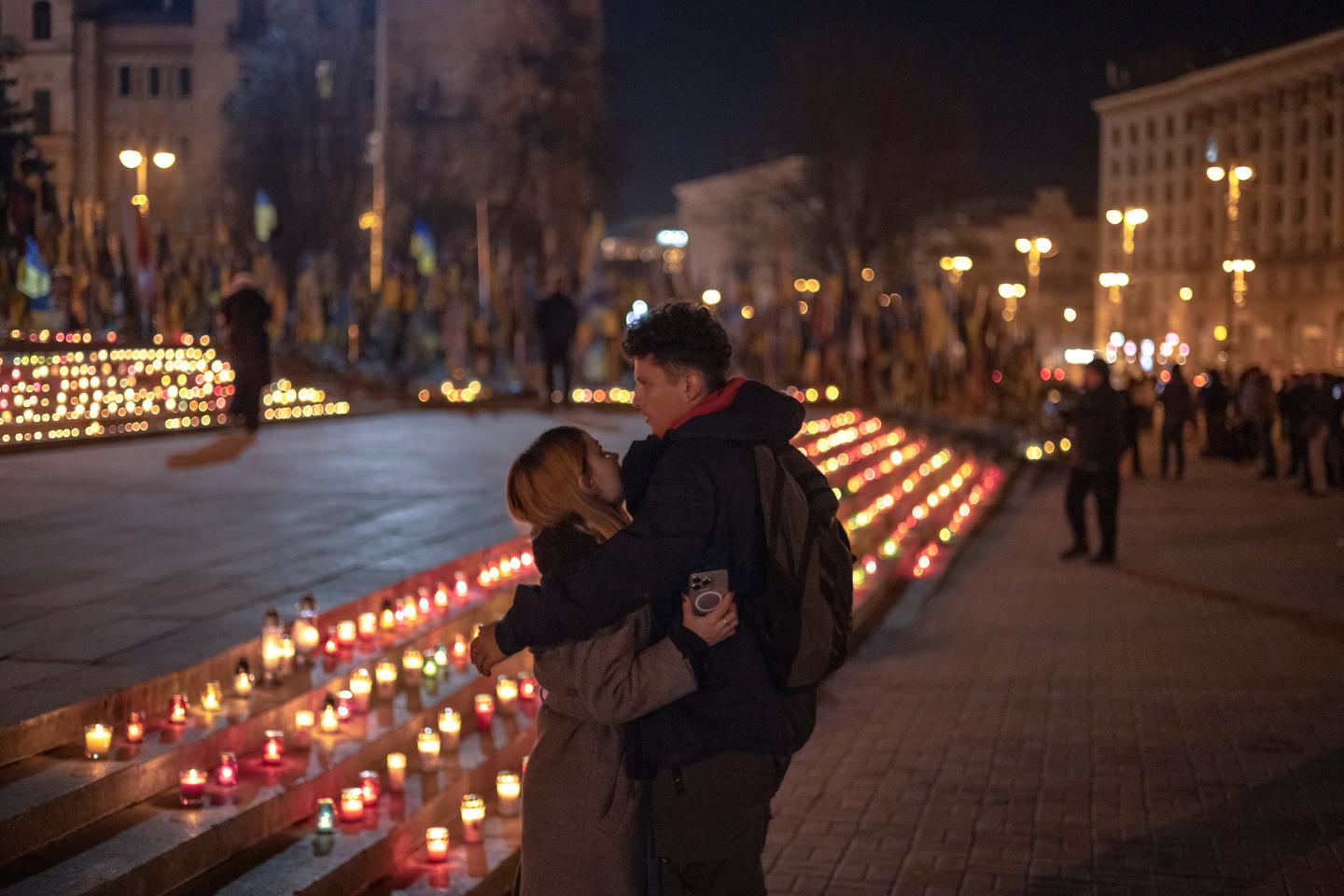


Vladimir Putin scored a remarkable success in his war against Ukraine on Friday, February 28. He achieved it without firing a single missile, without even having to utter a word. Donald Trump offered him this win in the White House's Oval Office, in Washington, DC. Ukrainian President Volodymyr Zelensky, who had come to sign an agreement allowing the US to exploit his country's mineral wealth for the price of its military support since Russia's invasion on February 24, 2022, could gauge the hostility of the new administration.
This hostility was illustrated by the unprecedented aggressiveness of an American vice president, JD Vance, towards the leader of a democratic country at war with a dictatorship. Bitter exchanges, accusations, threats – never before in the history of the US have differences been so bluntly and publicly exposed between two allies who are constantly drifting apart. The Ukrainian president's hasty departure from the White House, asked to leave by his hosts, indicated that a breaking point had been reached. It is hard to see how this will be avoided.
Since the new turn taken by US diplomacy, which wishes to negotiate, with Moscow, a way out of this war under conditions laid down by Russia, a dispute has been growing between Washington and Kyiv, which can still count on the support of its European allies on this point. At issue are the security guarantees demanded of Washington to prevent a precarious peace from turning into a mere respite for the Russian war machine, tested by a conflict it thought it would win in three days, before new offensives aimed at reconstituting what Moscow considers its area of influence on European soil.
By refusing the slightest commitment on this point, Trump is increasingly clearly playing into the hands of the Kremlin. He is already adopting Russia's vision of the ongoing conflict, down to the last comma, including its origins, as demonstrated by the United States voting twice with Russia at the United Nations on February 24. During his first term, from 2017 to 2021, the Republican had already systematically espoused the views of the Russian president, who was regularly showered with praise. His alignment with Moscow's denials of proven interference in the American elections, at the Helsinki summit in July 2018, had caused consternation, including in the ranks of his party, which has since become silent.
Reversal of alliances
Indignant at the brutality of Trump and Vance on Friday, European leaders were quick to express their support for Zelensky, with the notable exception of Hungarian Prime Minister Viktor Orban, who thanked the US president. But the ambush of the Ukrainian leader in the Oval Office only confirms their fears: The transatlantic rift runs deep, and the alignment of Trump's rhetoric with Putin augurs a reversal of alliances. Europe now stands alone against Russia.
It's a huge challenge and one that will dominate discussions when these European leaders meet in London on Sunday, March 2, with British Prime Minister Keir Starmer. Starmer initially invited them to report on his meeting at the White House on Thursday, February 27, three days after those with President Emmanuel Macron, and to draw lessons from the new transatlantic deal. But the tone changed radically between Trump's festival of flattery on Thursday, clearly eager to divide the British and Europeans, and the Ukrainian president's public humiliation the following day.
For both Starmer and Macron, this is no longer the time for a charm offensive to woo Washington, which has hardly produced any results. We need to stand together, speed up the timetable for the organization of a strong European defense, and prepare public opinion for the brutal shift toward a different world.
